Women’s sports, especially in Africa, have come a long way.
Last month, Nigeria’s female national team, the Super Falcons, won their 10th AFCON title, cementing their legendary status as a dominant force in African football.
Down 0-2 against the host nation Morocco in the first half, the Falcons rallied in the second, scoring three unanswered goals to win 3-2.
If you’re a fan of women’s sport, there is another sports tournament that should have your attention.
In the Palais des Sports de Treichville arena in Côte d’Ivoire, 12 African nations vied for supremacy in the 2025 FIBA Women’s AfroBasket tournament.
The 2025 Afrobasket tournament has a lot of storylines to spotlight. From Nigeria’s quest for a fifth consecutive title with an unbeaten run from 2015 (a 28-game win streak), to South Sudan’s making its debut, the tournament had a lot to look forward to.
History of The Tournament
Since its inception in 1966, the Women’s AfroBasket, formerly the FIBA Africa Championship for Women, has been the continent’s premier stage for women’s basketball.
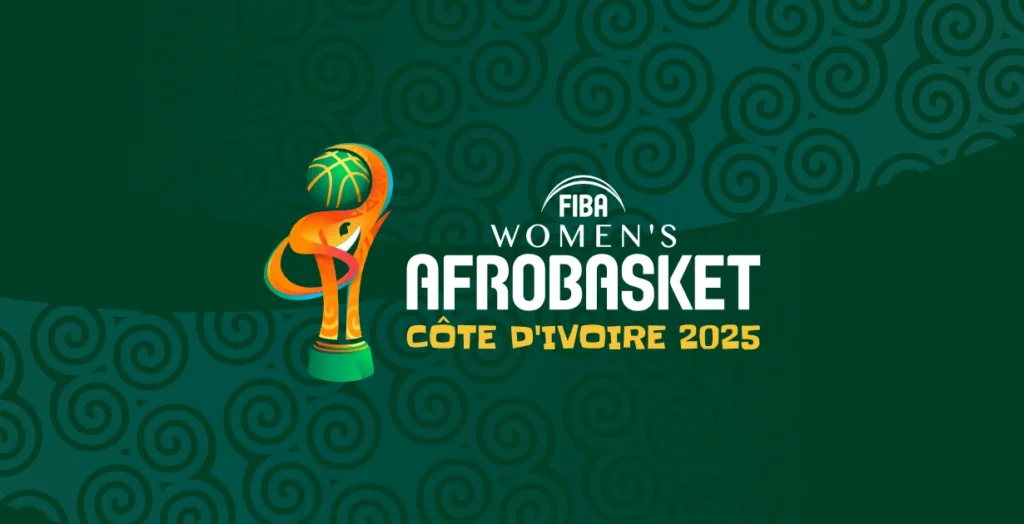
In its first-ever tournament, only four teams were in contention: the United Arab Republic, Guinea, the Central African Republic, and Senegal.
In the 2025 tournament, 12 countries participated. This marks a small but progressive increase in team participation over the years.
AfroBasket has acted as a qualifier for the FIBA Women’s World Cup and the Olympics.
In its history, the game has been dominated by Senegal, which has won 11 titles. Other nations like Mali and Angola soon joined Senegal as contenders, expanding the field.
Recently, Nigeria has become a dominant force in women’s basketball, winning the last four tournaments in a row.
Stars on the Court
The AfroBasket has produced several superstars who are getting more spotlight in global basketball.
Nigeria’s D’Tigresses, coached by Rena Wakama (who coaches a WNBA team in the US), boast players like Ezinne Kalu (MVP 2019) and Amy Okonkwo (MVP 2023), whose performances have drawn WNBA scouts.
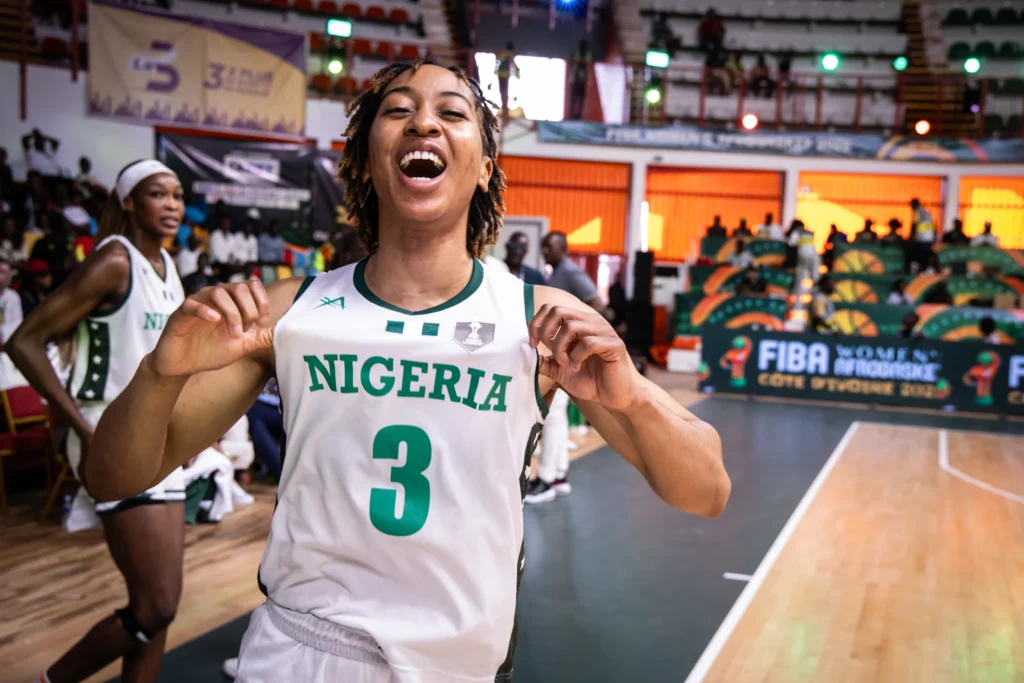
At the 2024 Paris Olympics, the Nigerians stunned Australia 75-62, turning their tournament run into a national story by becoming the first African basketball team (male or female) to qualify for the quarterfinals at the Olympics.
Other star players representing Africa on the basketball stage include Mali’s Sika Koné, who plays for the WNBA’s Washington Mystics, and Cameroon’s Dominique Malonga, who was a 2025 WNBA draft pick and currently plays for the Seattle Storm.
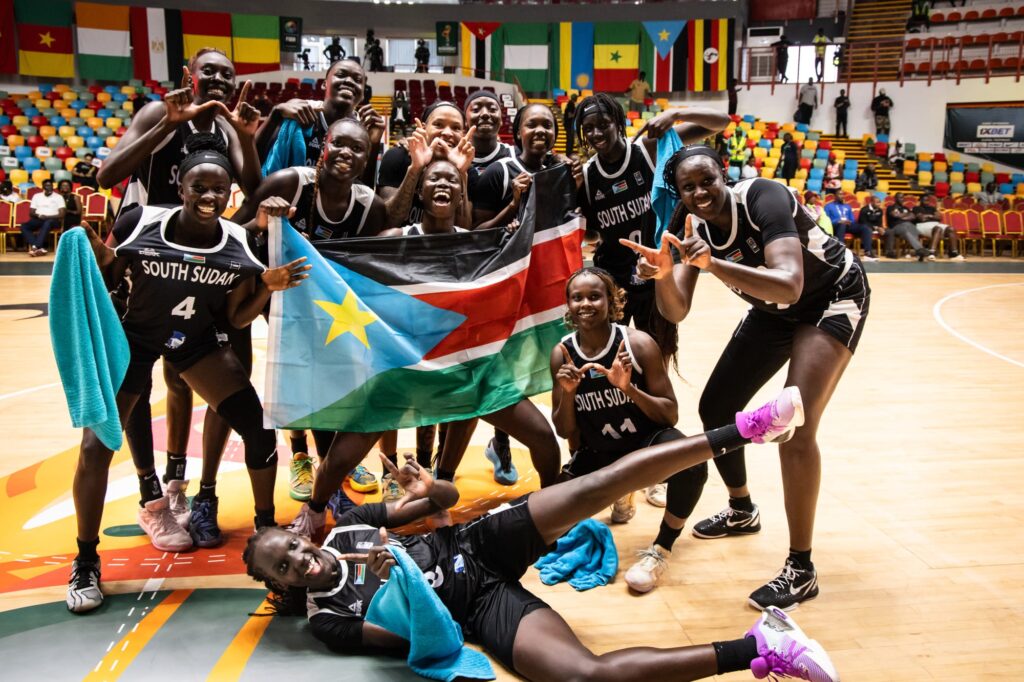
This year, South Sudan made its debut, led by captain Adut Bulgak. The team, coached by Spaniard Alberto Antuña and trained in Spain, has shown grit at the tournament, making it to the semi-final stage in its first appearance.
More Room For Investment
Although women’s sports are still growing, there are still gaps in investment and infrastructure.
FIBA Africa, the tournament’s organizer, provides logistical support, from venue setup to travel subsidies, often bolstered by sponsors.
Teams often rely either on government or private company sponsorship (or both).
NILEPET, an oil and gas company, helped sponsor jerseys for the South Sudanese team.
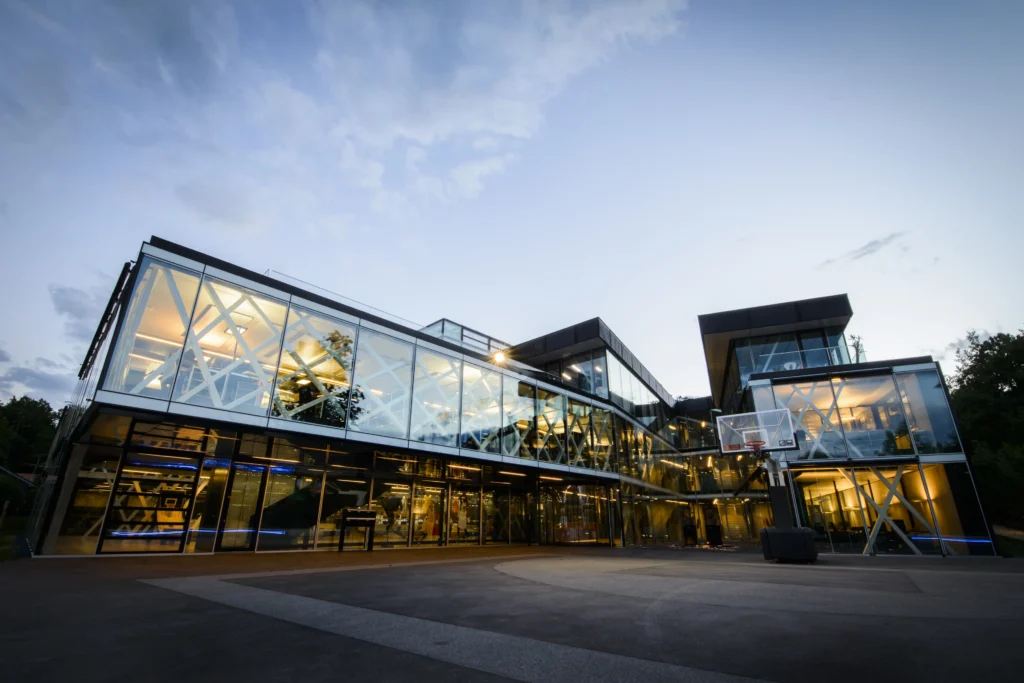
National federations of each country are responsible for helping with support for their national teams, but often run into issues with government funding.
Ghana, which won third place in the 1979 tournament, has not made an appearance at the tournament since 2013 due to funding issues.
Local initiatives like the Luol Deng Foundation and NBA Africa’s youth programs offer hope, providing coaching clinics and equipment to nurture talent.
But there’s still an opportunity for more sponsorship and investment to grow the sport.
Better, Faster, and More Competitive Teams
The 2025 AfroBasket features 12 teams: Ivory Coast (hosts), Nigeria, Senegal, Mali, Rwanda, Uganda, Angola, Egypt, Mozambique, Cameroon, South Sudan, and the Democratic Republic of Congo.
Historically, over 20 nations have competed, though some, like Zimbabwe (2013) and the Central African Republic (2017), have appeared only once.
Senegal leads with 11 titles, followed by Nigeria’s six and Angola’s two. Mali’s lone triumph in 2007, led by Hamchetou Maiga, remains a high point for the team.
The tournament’s geographic diversity reflects Africa’s basketball evolution.
North African teams like Egypt, West African giants like Senegal and Mali, and southern powers like Angola and Mozambique form a competitive core.
Emerging nations like Rwanda and Uganda are building robust programs, while South Sudan’s wildcard entry this year underscores FIBA’s push for inclusivity.
Rwanda is leading the way, especially with its investments over the past few years, including its recently launched Zaria Court.
Africa To The World
The AfroBasket’s impact extends beyond the African continent.
Nigeria’s Olympic upset was a high point, and it has thrown a spotlight on players of African descent who play for top leagues.
There are players like Kiki Iriafen (Nigerian descent) and Laeticia Amihere (Ghanaian descent) who could provide a spark for African players if they ever decide to wear their home colors on the international court.
(Kiki Iriafen has yet to declare her intention to play for a national team, and Amihere has played for the Canadian national team)
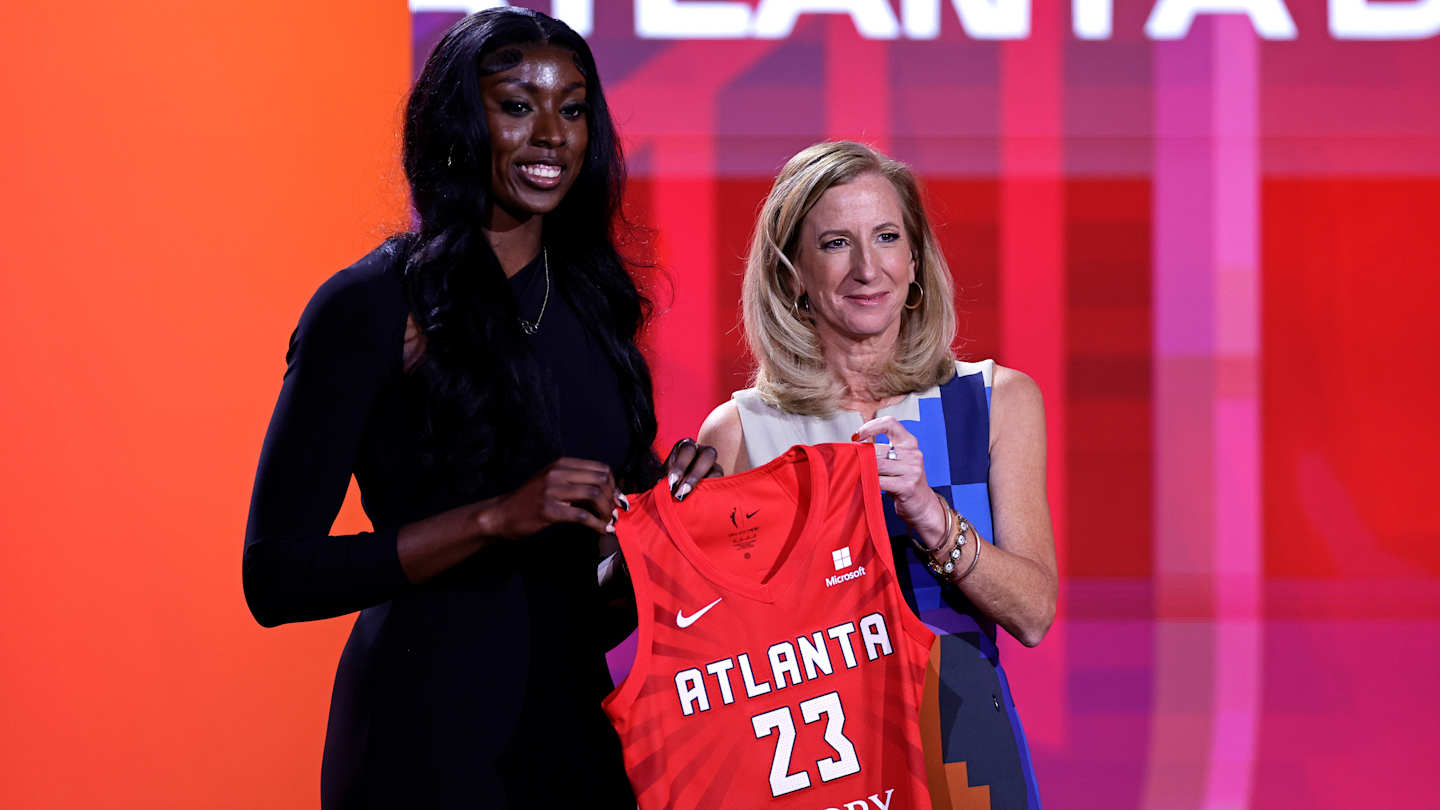
As the 2025 AfroBasket unfolds, the stakes are high.
Nigeria beat Senegal in the semi-finals in a close game and will face off against Mali for the championship.
Off the court, more investment and infrastructure are still needed to push the sport to new heights.
History will be made in the finals on Sunday if Nigeria wins its fifth consecutive title.
In the end, the true winner will be the fans of the ever-growing world of female sports.





